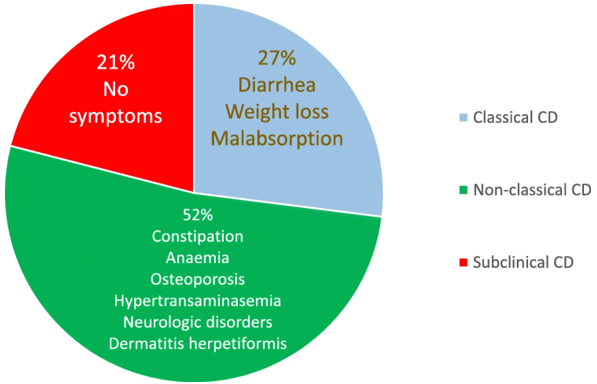NAA Services for Anti-Actin Antibodies
Creative Biolabs provides a series of customized NAA (natural autoantibodies) services aided by advanced technology platforms. Here, we offer a full range of actin autoantibody services for diseases diagnosis and therapeutic monitoring. Our professional scientists have extensive experience in antibody detection and analysis, and we are committed to providing high-quality services to promote the development of your projects.
Background of Anti-actin Autoantibodies
Anti-actin autoantibodies are a type of natural autoantibodies found in certain autoimmune diseases and may be of some diagnostic value. An example is in coeliac disease, anti-actin antibodies correlate with the level of intestinal damage. Besides, in autoimmune hepatitis, anti-actin autoantibodies are associated with patterns of immune recognition, which is specific to a small percentage of auto-immune hepatitis type 1 or cryptogenic hepatitis patients. In gastric cancer, anti-actin autoantibodies are increased, and along with other antibodies in severe diseases. Anti-actin autoantibodies have also been found to serve as an indicator of paraneoplastic syndrome with myelodysplastic syndrome.
The Role of Anti-actin Autoantibodies in Celiac Disease
Celiac disease (CD) is an inflammatory disorder, commonly caused by an improper immune response to ingested wheat gluten (composes of gliadin and glutenin) and related cereal proteins in genetically predisposed individuals, leading to villous atrophy, crypt hyperplasia and lymphocytic infiltration in the small intestine. The anti-actin autoantibodies have been shown in sera of CD patients, amongst, IgA autoantibodies have a very high percentage in CD patients with severe intestinal histology damage. anti-actin autoantibody as a useful marker of severe intestinal villus atrophy can be detected by an immunofluorescence (IF) technique and seems to contribute to villus cytoskeleton damage and to the pathogenesis of intestinal damage in CD. In addition, the previous study has been designed to assess the clinical usefulness of serum IgA autoantibody test in a large number of CD patients, suggesting its possible use in monitoring intestinal mucosal lesions during the gluten-free diet.
 Fig.1 Prevalence of clinical phenotypes of adult celiac disease. (Caio, et al., 2019)
Fig.1 Prevalence of clinical phenotypes of adult celiac disease. (Caio, et al., 2019)
The Role of Anti-actin Autoantibodies in NAA Associated Myocarditis
Myocarditis, also called inflammatory cardiomyopathy, is an inflammation disease of the heart muscle. Symptoms commonly include shortness of breath, chest pain, decreased the ability to exercise, and an irregular heartbeat, along with complications such as heart failure due to dilated cardiomyopathy or cardiac arrest. The duration of symptoms can vary from hours to months. The anti-actin autoantibodies have been detected in myocarditis patients. During the inflammatory cardiomyopathy process, the actin can be regarded as a kind of autoantigens recognized by the autoantibodies, which may promote the symptoms.
What Can We Do about NAA?
Here we provide various NAA services with our first-class platforms and experienced scientists, include NAA detection, NAA profiling, NAA Affinity Measurement, NAA epitope mapping, and paratope mapping. In addition, as a world-renowned antibody development company, we can provide target discovery/validation, antigen expression, antibody development/detection services according to your project requirements, to promote early diagnosis and disease prevention.
Creative Biolabs is equipped with state-of-the-art technologies and manufacturing facilities and dedicated to helping our clients design and detect natural autoantibodies. With novel technique platform and professional experiment services, Creative Biolabs gets ready to provide you with the best NAA services. Please feel free to contact us for more details.
Reference:
- Caio, G.; et al. Celiac disease: a comprehensive current review. BMC medicine. 2019, 17(1): 1-20.
Related Services:
- NAA Services for Anti-Transglutaminase 2 Antibodies (ATG2A)
- NAA Services for Anti-Transglutaminase 3 (TG3) Antibodies
- NAA Services for Anti-Factor XIII Antibodies
- NAA Services for Anti-Calreticulin Antibodies
- NAA Services for Anti-Gangliosides Antibodies
- NAA Services for Anti-Collagens Antibodies
- NAA Services for Anti-Synapsin I Antibodies
- NAA Services for Anti-Zonulin Antibodies
- NAA Services for Anti-Cardiolipin Antibody
- NAA Services for Anti-ATP Synthase β Chain
- NAA Services for Anti-Enolase α

